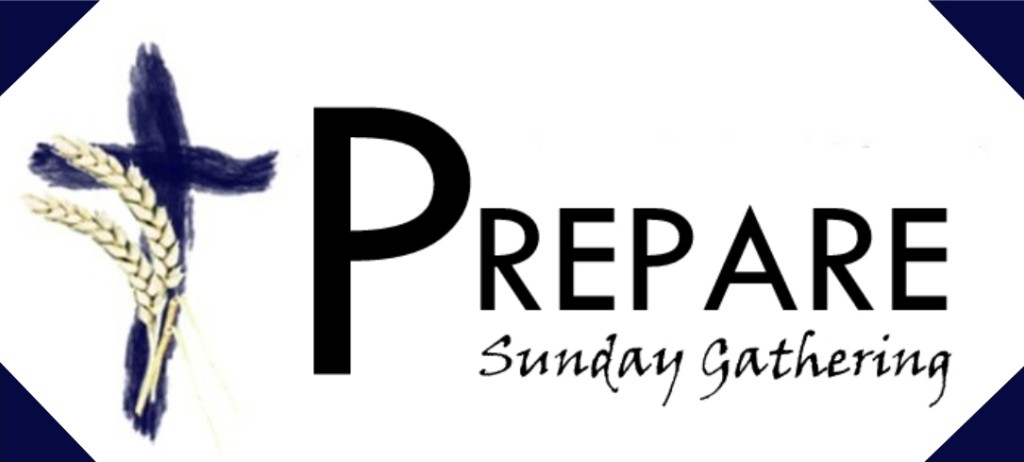“Christianity is so restrictive. If God is a God of love, he would want me to be happy.” For most people living in the West, the belief that I ought to be happy is so deeply interwoven into their day-to-day pursuits that it is next to impossible to believe anything else. Christianity is perceived to be so restrictive because it is exclusive and holds to absolute truth. This exclusivity is perceived to endanger personal choice and freedom – either the freedom to think or to do as one wishes.
This view of happiness and freedom, however, means that every individual has to create their own meaning because there is no ultimate meaning. Thus Christianity looks like an enemy of authenticity, personal autonomy, and social tolerance because it seems to prescribe meaning and morals. So modern people think that freedom and happiness are found in throwing off restraints.
Happiness, however, can never be fully free of restraint. Christianity, however, has never been a religion of restriction alone, but also of devotion. What one considers constraints is seen as dedication by another. The pianist who commits hours of time to practicing scales, triads, fingering, and mastering a piece of music doesn’t see this devotion as a limitation. In order to master the song, some things must not be pursued. By losing freedom to do anything, the pianist finds the freedom to accomplish something.
The message of Christianity is not that God restrains us because he is a killjoy. God has designed us to find joy in his ways. As the Psalms begin:
Blessed is the man
who walks not in the counsel of the wicked,
nor stands in the way of sinners,
nor
sits in the seat of scoffers;
but his delight is in the law of the Lord,
and
on his law he meditates day and night.
He is like a tree
planted by streams of
water
that yields its fruit in its season,
and
its leaf does not wither.
In all that he does, he prospers.
(Psalm 1:1-3)
A fish cannot be free of the water and flourish because it is designed to absorb oxygen from water rather than air. There is no freedom for a fish outside of water, only death. In the same way, God shows us that the way to find happiness and joy is not in throwing off restraints but in finding the right ones. We believe this to be true in education, exercise, and vocation. So why not in spiritual realities and morality? If one can define right and wrong for the self, how can we believe that others should stop doing something no matter what they believe? Where there is no restraint, people perish.
Love and joy are more constraining than we think. The best marriage is the one where a husband and wife are devoted to one another. By surrendering autonomy you find intimacy. And in the same way, the greatest freedom is found by embracing the right constraints.
Our God has not set out to destroy our joy and curtail our freedom. Rather, he has set out a way for us to find joy to the full (John 10:10). Joy and happiness were purchased by a crucified Messiah who joyfully went to the cross and scorned its shame (Heb. 12:2b).
And so it is for every Christian. The love of Christ constrains us (2 Cor. 5:14). When we see what Christ gave up for our joy, we aren’t afraid of giving up anything to find our happiness in him.
Seeking his joy,
Andrew
Missional Action Plan: Consider what constraints you joyfully embrace so that you might flourish in your relationships, your work, and your faith. Keep these in mind when people tell you how Christianity restricts joy and freedom.
Missional Action Prayer: Lord, help me to see the joy of discipline and limits that set me free from the tyranny of a world where there are no limits. Thank you that Jesus embraced the constraints of human flesh to suffer on the cross and purchase freedom for me. Please use me to testify to the joy of being secure in the limits of Christ. Amen.

As we gather for Sunday worship, we want you to meet with God and be transformed by the Word. Prepare your heart by reading the passage and listening to the songs for Sunday.
Click here for more info.
